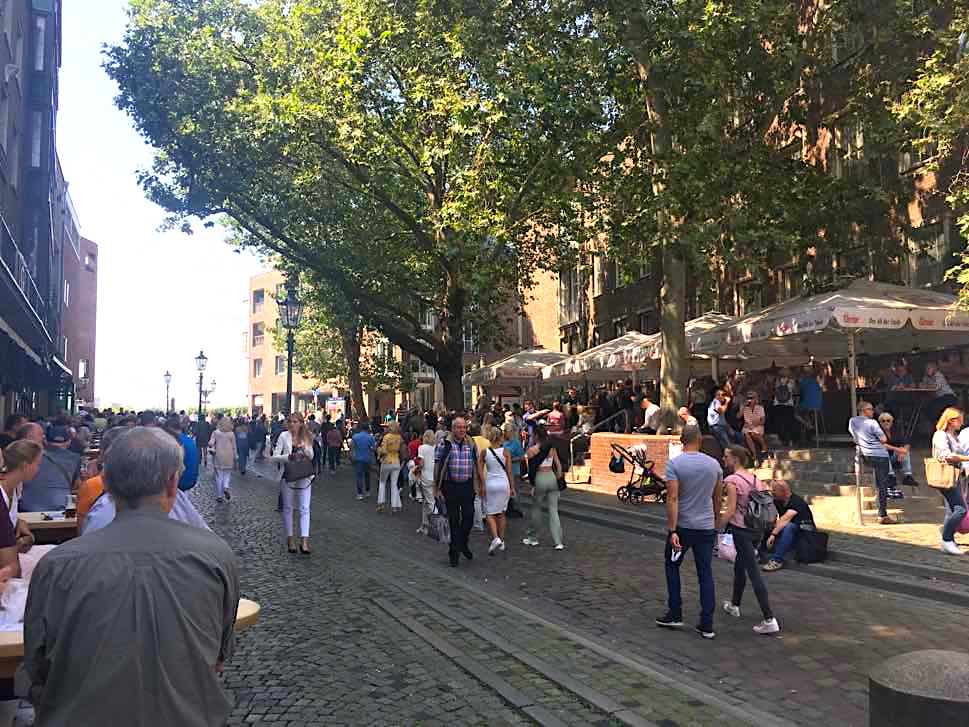The human race has travelled the globe for millennia. Indigenous folk have fought amongst themselves, been fought by others, overrun or displaced. Newcomers have been treated as outcasts, even when they merely moved to the next village.
Are these some of the reasons that modern societies are still sceptical about the arrival of foreigners? A phenomenon that is hard to avoid is the increased necessity to attract talent from abroad. These individuals, their partners and families may still be foreigners but they are defined more generously as expats.
Taking a glance at what the professional field of knowledge has to say about the modern day movement of people.
Expatriate
Merriam Webster: The Americans still give a somewhat extreme definition of expatriate. Verb: To leave one’s native country to live elsewhere. To renounce allegiance to one’s native country (from 1768). The noun is more subtle: A person who lives in a foreign country (from 1818). Expat: A person forced to emigrate for political reasons. According to them, the first known use of the term expat was in 1962.
Collins expresses more gently: An expatriate is someone who is living in a country which is not their own.
Urban Dictionary: Expatriate: A citizen of one country living in another. Expat: A person taking up residency in another country.
Cambridge University Press is yet more simple: Noun: Someone who does not live in their own country. Expat is considered informal.
Oxford University Press offers another angle. Nouns: A person who lives outside their native country. An exile. Expat is considered informal. Adjective: short for expatriate.
And the German Duden? Expat: someone who works (on behalf of their company) abroad for a prolonged period of time. Looking up the generic German equivalent (internationale Fach- und Führungskräfte) reveals no results.
Immigrant
Merriam Webster: A person who comes to a country to take up permanent residence; Collins: An immigrant is a person who has come to live in a country from some other country; Urban Dictionary: An immigrant is any person who lives in a country other than their country of birth; Cambridge University Press: A person who has come to a different country in order to live there permanently; Oxford University Press: A person who comes to live permanently in a foreign country.
Migrant
Merriam Webster: A person who moves regularly in order to find work especially in harvesting crops; Collins: A migrant is a person who moves from one place to another, especially in order to find work; Cambridge University Press: A person that travels to a different country or place, often in order to find work; Oxford University Press: A person who moves from one place to another, especially in order to find work or better living conditions.
Refugee
Merriam Webster: A person who flees to a foreign country or power to escape danger or persecution; Collins: Refugees are people who have been forced to leave their homes or their country, either because there is a war there or because of their political or religious beliefs; Cambridge University Press: A person who has escaped from their own country for political, religious, or economic reasons or because of a war; Oxford University Press: A person who has been forced to leave their country in order to escape war, persecution, or natural disaster.
Personal experience
Many years ago, I was asked by my British employers to solve complex issues in Germany. I went to a city I had never even thought about, in a country that was not high on my list of places to see.
Let alone contemplate living in. After several months of having had terrific experiences, I returned home. End of story, I thought.
However, a year later a new chapter opened. I was requested to go again and eventually to commit to staying. I therefore began to engage more intensely with German society. My life was not in danger in anyway. I was neither poor, nor did I have to leave my country of birth for political reasons. It war therefore, by definition, my first experience as an expat.
Did I take someone else’s potential job? Certainly. Since I was expert at what I did, I was invited to stay abroad. Developing my career, I took away several positions over time. However since the company thrived, other openings were created. Did my move cause a vacancy in the UK? Of course. Was that taken by a German national? No. Could this be an imbalance or source of friction? Possibly.
Owning my own business in the years to come, I created other jobs in Germany. Does that factor in any equation? Not really. The point is, the labour force is in flux. I firmly believe that is a fine situation, offering opportunity to individuals and their employers on a global scale.
Beneficial synchronicity
Do these individuals take jobs from nationals? Of course they do, technically speaking. But they also fill vacant positions that otherwise could not be filled. The phenomenon of movement of people is independent of necessity of staff. Yet one could and often does benefit from the other.
If we were to examine our rejection of foreigners more fully we might accept the desire to improve their wellbeing more freely. Such a shift in viewpoint is a valid one, enabling us to be more welcoming to each and every expat. Economists agree that this would raise productivity and add to both local and national economies.
The use of strong words to define international movement across borders is manipulative. Is there a desire to instil fear amongst the public and pursue certain agendas? Today, the words expat, expatriate, immigrant, migrant and refugee are far more interchangeable. Whilst refugees possess a more unfortunate reason for relocating, many possess qualifications. Many more are willing to work.
Dissecting words, we discover more truths and insights, such as un-fortunate. My personal good fortune led me on my life’s path. I am an expat. Yet I too could be defined as an economic migrant. Unfortunately, this label causes much friction, ill-will and even anger in societies everywhere. I was welcomed with open arms and I felt accepted. I was even referred to not as a foreigner but as a British citizen. Despite the facts.
What defines an expat? My simple, unifying expat definition: Of foreign origin often with no local languages skills. A more widespread approach and holistic strategy is required in most locations across the globe. Surprisingly, little is undertaken to secure and promote this highly desirable group of people.
My mission is to change that and has become my business. Amazing Capitals creates expat ecosystems in locations to improve the circumstances of all stakeholders. Join the movement!





